Laikipia
A Christmas gift of perfume smelling of chocolate caused my wife Claire to burst into tears. ‘I have never received such a lazy present!’ she wailed. ‘Hang on,’ I reasoned, ‘it’s popular in Japan. That’s what the girl at the shop said.’ Claire growled, ‘Maybe among schoolgirls!’
Claire is wonderful at Christmas. She begins buying and secretly hoarding presents in July. Every gift is thoughtfully chosen, beautifully wrapped. I am hopeless at giving in return. One year, she nearly brained me with Le Creuset cookware. Kinky lingerie bombed. Neither a Garmin eTrex GPS tracker nor war history books (read only once) did the trick.
I can tell this story because I know Claire will not read it before the 25th, but this year I have not been lazy. Some time ago I stood by the Ituri river in eastern Congo’s jungle, near the mines of Kilo-Moto. Along the water’s edge, dozens of youths swished muddy water around in aluminium dishes. I crouched to watch one of them more closely. Occasionally, the boy poked a finger into the bottom of his pan and picked out a flake of glitter — alluvial gold. The flake was deposited into a little plastic bag containing gold dust, the result of many days’ toil. I felt its weight in my palm and it gave me a dark and greedy thrill. I immediately decided I must have some.
In Africa, a foreign correspondent often faces temptation, from changing money on the black market to scoring contraband booze on the cheap. After interviewing the Angolan guerrilla Jonas Savimbi, a Guardian hack I know accepted a present of two rough diamonds for the ears of his wife. While dining on Mobutu Sese Seko’s riverboat, an FT correspondent slipped the solid-gold cutlery into his pocket and got away with it. In Rwanda I looted President Juvénal Habyarimana’s best claret from his captured cellar and drank it on the veranda of his game lodge while watching rebels barbecue his pet chimpanzees.
But smuggling gold dust out of the killing fields of Kilo-Moto was a riskier business than usual. The blood of thousands has drained into the waters of the Ituri. Gold and diamonds have fuelled the war and corrupted many who go there. A short time before my visit, two United Nations peacekeepers had indulged in the illegal gold trade and they ended up dead. A man called Kwisha and several other Congolese militias had decided to eat the UN personnel after arguing over gold prices. Kwisha, a Congolese Hannibal Lecter, now rots in a Kinshasa jail. Aside from the prospect of being eaten, I knew I might be robbed — but I decided to go ahead regardless.
The red earth the youths were panning had been excavated from a latrine pit villagers were cleaning out when they found a rich vein of gold in the dirt. On a hill above the river, I visited a tin shack where a gold trader in a flashy suit put an ounce of dust on his set of little scales. I slapped down the 100 dollar bills — the price was half the world market’s — and he poured the latrine gold into a paper envelope for me.
Smuggling dust out of Kilo-Moto was against the law despite Congo’s status as a failed state. The punishment was ten years in a local prison. I considered what a decade in a cell with Kwisha and his friends might be like as I went through the security metal detector at the UN-controlled airfield at Bunia. Luckily, the guards were looking for machine guns or bombs — and, anyway, they were probably all smugglers, too.
Back home in Kenya, I kept the envelope a secret, not knowing what to do with it. I kept it for years, taking it out occasionally to stare at it and feel the weight of it again in my palm. Finally this year, as Christmas approached, I found Ramesh, a goldsmith working in a shabby district of Nairobi. I told him I wanted a pendant made in the shape of a sand dollar of the kind we find on our beaches. ‘There’s an ounce there,’ I said. ‘More than enough.’ Ramesh, sitting behind bars in a cubicle decorated with images of Hindu gods, sniffed and told me to wait while he went to a back room to test it. When he returned he said, ‘My dear, your gold is not pure gold. It is mixed with an impurity — a soil of some sort.’ I recalled the latrine pit in Kilo-Moto. ‘What can I get out of it — a nice bracelet?’ ‘A bracelet I can do,’ said Ramesh. And so here it is. A present I had to make a real effort to choose…
Got something to add? Join the discussion and comment below.
Get 10 issues for just $10
Subscribe to The Spectator Australia today for the next 10 magazine issues, plus full online access, for just $10.



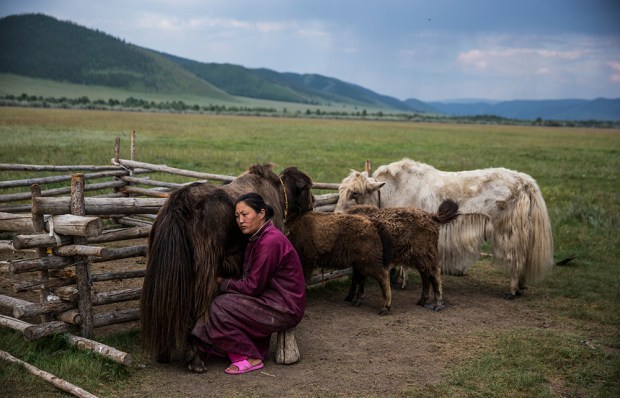
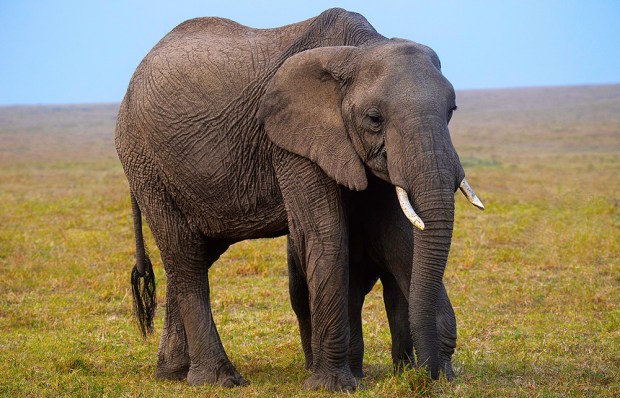
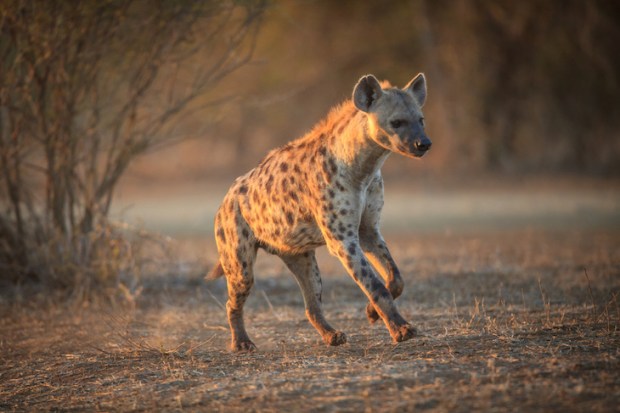
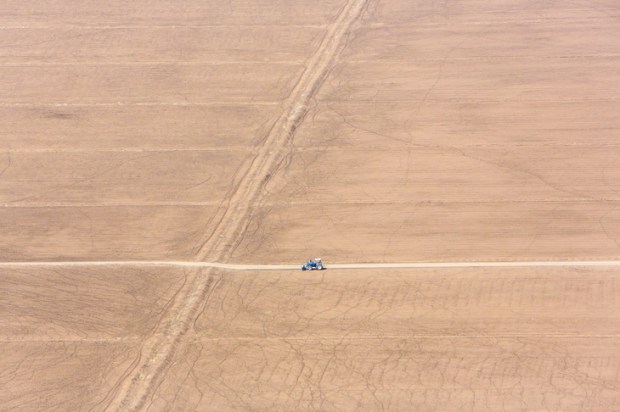

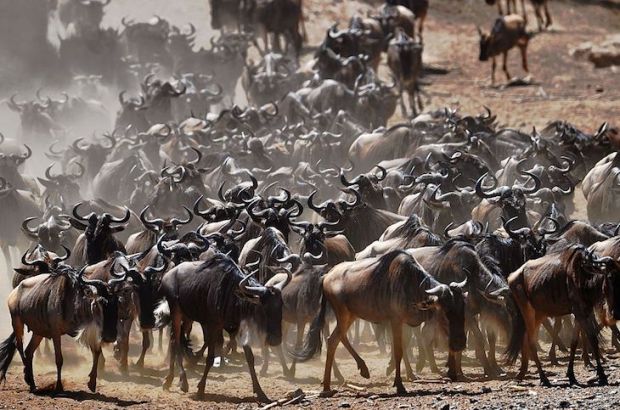






Comments
Don't miss out
Join the conversation with other Spectator Australia readers. Subscribe to leave a comment.
SUBSCRIBEAlready a subscriber? Log in